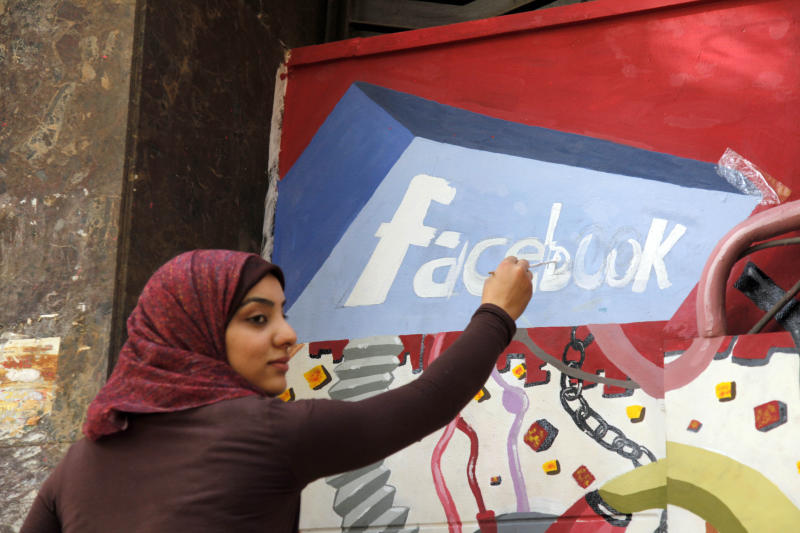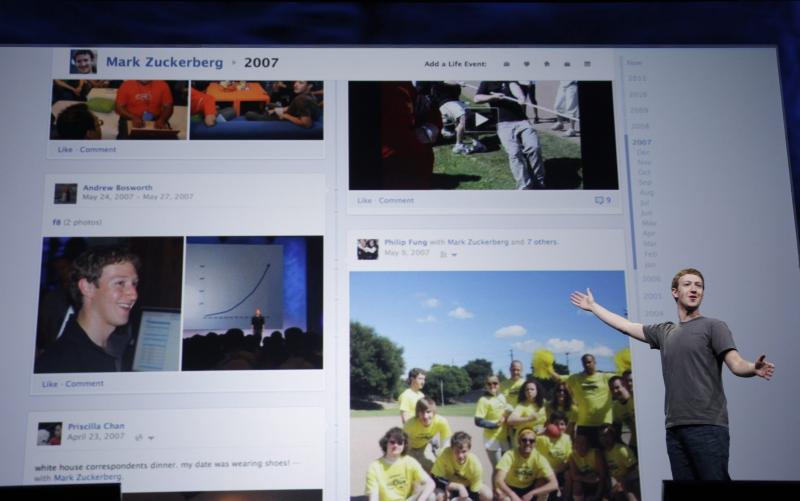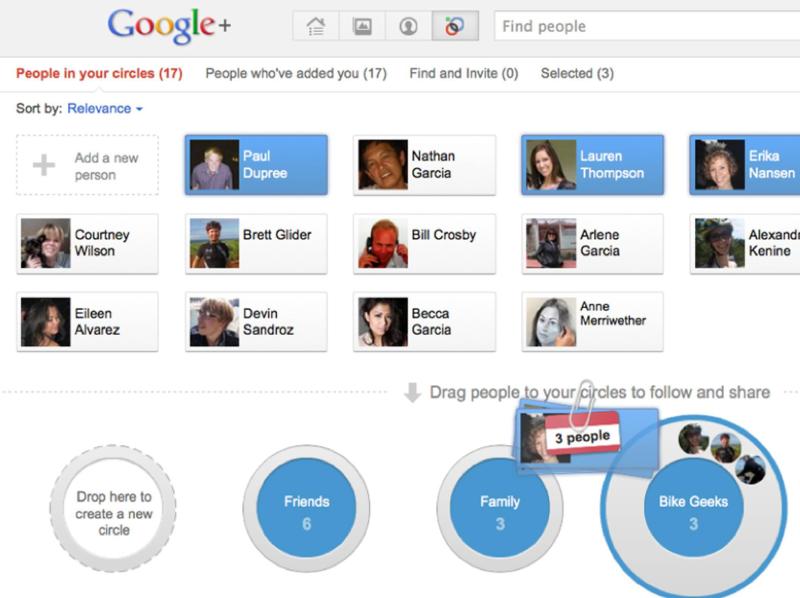By NIKI CHEONG and DAVID LIAN
JUST like that, 2011 has passed us by and so much has happened in the technology world. Both of us can hardly keep up with what’s been happening, given the break-neck speed at which things changed and developed all year long.
More significantly, technology has shown this year that it matters beyond the world of geeks; it has played a major role in the world at large, particularly at the intersection of technology, society and culture.
This year was where all these forces came head to head. And along that vein, each of us has picked our choices of the most significant technology-related moments of the past year.
Tablets and the Amazon Kindle Fire
Right from the start 2011 was hailed the “year of the tablet”. Google was releasing Honeycomb, and several manufacturers had already shown off prototypes of other Android tablets.
We were pretty much bound for disappointment on this count, until Amazon came out with the Kindle Fire recently.
Okay, so it hasn’t hit Malaysia yet but the Kindle Fire did what a bunch of other 2011 tablets challenging the iPad failed to do: It changed the game, faster than even Apple could.
You see, before the Kindle Fire, the tablet market was all about product specifications, faster processors, cooler Android skins and better marketing. Prices hovered near the iPad range, and the only real innovation was the seven-inch form factor first introduced by Samsung via its Galaxy Tab.
The Kindle Fire changed all that with a US$199 (RM628) price tag, and decent enough specs and a beautiful screen. More importantly, it wasn’t a tablet for the sake of being a tablet, but rather as a gateway to buying all of Amazon’s digital content and goods.
Rather than making money off selling you a piece of hardware, Amazon is selling you a piece of hardware to make money off you buying videos, music, books and any other piece of content they can sell you from their store. The best part is – this model works and Amazon is the best positioned company to take this on. Next year, I’m expecting to see lots of solid tablet options aimed at competing with the Amazon Kindle Fire instead of the iPad, and lots of folks toting seven-inch tablets. — David Lian
Year of the Protestors
Say what you like about how social media was just an enabler of revolutions but I challenge you to find a time in history when so much change (and impact) could descend upon the world in under 365 days.

An art student paints the Facebook logo on a mural commemorating the revolution that overthrew Hosni Mubarak in the Zamalek neighborhood of Cairo, Egypt.
This, ladies and gentlemen, is thanks to social media. Granted, many of the revolutions were a long time-coming. After all, the sentiments that the public held in contempt of those in power are not new.
Yet, one can hardly argue that if it was not for social media networks – be it Facebook or Twitter – the public would have felt as empowered as they did, even in countries where the change they were hoping for did not come their way.
Time magazine may have named the “Protestors” as their Person Of The Year.
I would rather look at how social media was integral to their strategies for mobilising the people.
Just look at the #Occupy movement around the world as an example. — Niki Cheong
Group buying
Somewhere deep inside each of us, there’s a little Kiasu Malaysian waiting to get out. Unfortunately, that Kiasu Malaysian just got unleashed this year with the string of group buying sites now flooding the market.
Somehow, I don’t remember it being this prevalent in 2010, but when Groupon entered Malaysia by buying over local leader GroupsMore, it seemed to kick the group-buying trend in Malaysia up a couple of notches. Instead of seedy discounts offered for obscure holiday packages and slimming trials (or “experiences” as they were marketed previously), we get good discounts on good brands, and at the very least, some top name restaurants offering really good deals on meals.
The cheap person in me wants to rush out and buy as many Groupons as I can. The savvy person realises I’m probably going to forget to use half of them. — DL
Timelines
It may have only been rolled out for a couple of weeks but one of social media’s biggest stories of 2011 has to be the introduction of the Facebook Timeline.
People may whine and whinge about how it changes the look of their profile but this is probably the most significant aesthetic change Facebook has introduced in a long time.

Facebook CEO Mark Zuckerberg shows Timeline, which offers highlights from your whole life, all the way back to your birth - as Facebook sees it.
Look aside, this move by the social media giant could serve as a warning to its competitors, especially as speculation of an IPO gets rife, to show just how much of an institution it already is.
Numbers or users aside (the largest in the world, in case you didn’t know), Timeline also shows other networks what Facebook has that they might not – years of history with its users.
Users who have been with the network from the beginning would have close to a decade’s worth of history saved onto the site, which is now available at a mere click. It not only helps users walk down memory lane but also reminds them just how much they (the user and Facebook) have gone through together over the years.
Who needs to write an autobiography these days? Just make your timeline public (if you dare to share your life with the world!). — NC
Steve Jobs
You might think it’s cliche that Steve Job gets a mention, but in my mind, his passing stands out as one of the best covered events on the Internet, surpassing even Michael Jackson’s.
When the announcement first broke on Twitter, it smashed a number of records with hashtags #iSad and #ThankYouSteve jamming up Twitter and Facebook. Then came the wave of inevitable Steve Jobs quotes flooding everyone’s wall. And this is merely on social network sites.
Blogs, columns and yes, whole websites, started commemorating the inventor of the Apple devices we all love. So if this doesn’t get him a mention as perhaps one of the biggest “things” to happen in the technology or social world, I don’t know what else does. — DL
Google+
While Google+ is not yet a #fail story, one really has to wonder when it’ll all come together for the Internet giant.
Earlier this year, Google released its new social network in beta mode to selected users, although control wasn’t that tight and most early adopters found themselves actively using it within weeks.
Unfortunately for Google, it seems that many of the said early adopters have left the network, or at least left their accounts idle.
The biggest problem? No one really knows what adding people to “Circles” mean. Facebook took the easy way out with “Friends” while Twitter’s “Follow” concept is easy enough to grasp. — NC
Circles is another issue
Despite the bad press (more to do with its initial push for users to use their real names), Google+ is still running, probably because it owns such a huge database of users from its Gmail accounts which makes it easier for new users to start using the network.
But you can’t force these things. If Google doesn’t think of more nifty ideas (such as organising a Google+ Hangout session between the Dalai Lama and Reverend Desmond Tutu), Google+ might just go along the same route as Google Wave and Google Buzz before it.
And that’s nowhere. — NC



Tell us what you think!